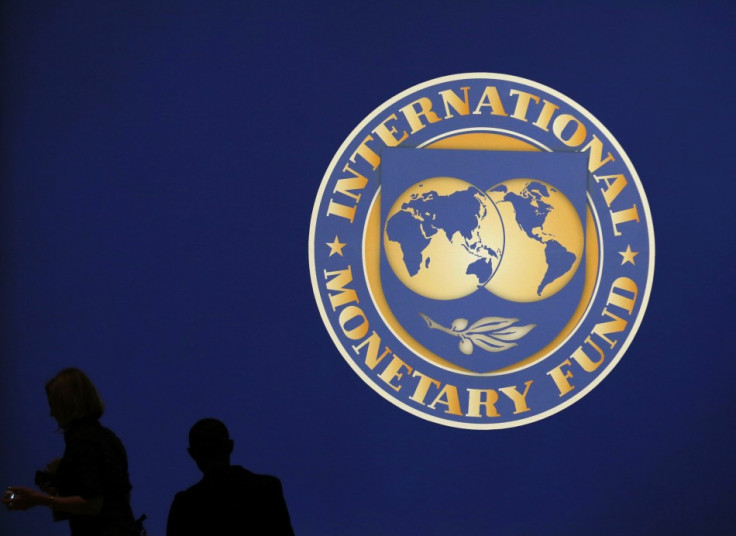IMF eats humble pie over Brexit claims, admits UK GDP will grow after all
IMF expects the UK economy to grow by 1.8% in 2016, marginally higher than its July forecast of 1.7%.

The International Monetary Fund (IMF) has backtracked on its gloomy post-Brexit forecast for the UK, saying it is likely the country will be the fastest growing major economy in 2016.
Prior to the 23 June referendum, the IMF had claimed a potential Brexit would plunge the UK into recession and lead to a crash in the equities market. While chances of a recession appear to be receding, the FTSE 100 capped an all-time high of 7,010 points on Tuesday (4 October).
In its latest update to the market, the IMF said it expects the UK economy to grow by 1.8% in 2016, marginally higher than its forecast of 1.7% in July.
The revision puts the country on track to be the fastest-growing G7 economy this year. Explaining its decision, the fund said measures taken by the Bank of England following the Brexit vote, including cutting interest rates by 25 basis points to 0.25% and freeing up more cash for banks to lend, had helped "maintain confidence" in the economy.
However, the IMF insisted that the UK's decision to leave the EU would in all likelihood exert a permanent drag on long-term growth, as it predicted that the Government would not balance the books until at least 2022.
It added that the "sharp retrenchment" in the manufacturing sector seen immediately after the referendum result had been short-lived and a saw a subsequent "rebound" in activity.
Looking beyond the current fiscal year, the IMF cut its forecast for growth in 2017 to 1.1%, from a forecast of 1.3% in July and 2.2% in April.
Maurice Obstfeld, chief economist at the IMF, insisted the Brexit vote threatens to "dampen investment and hiring throughout Europe".
"Turning back the clock on trade can only deepen and prolong the world economy's current doldrums. Resentment of cross-border migration has fuelled nationalist sentiment in Europe and called into question the way forward for EU integration".
Elsewhere in its update, the IMF said Germany – the largest economy in the European Union – is expected to grow by 1.7% this year, while France is expected to expand by 1.3%. It kept its forecast for global growth unchanged at 3.1%; the slowest growth rate since the 2008-09 global financial crisis.
© Copyright IBTimes 2024. All rights reserved.






